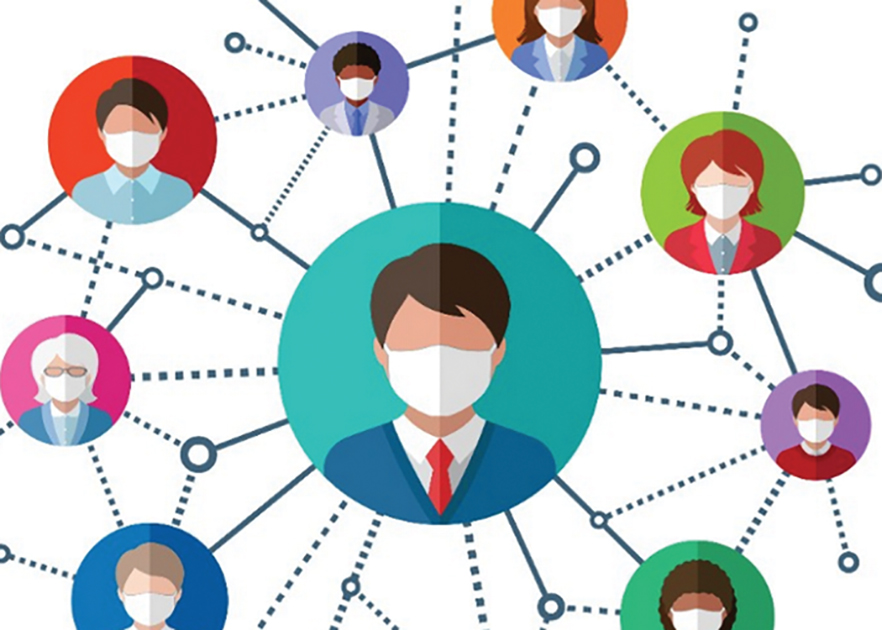Last time we talked about what contact tracing is and why it’s so important. We interviewed Steven, a lead contact tracer for a large mid-west city’s health department, and he walked us through what his day typically looks like. This time we’ll continue our interview with Steven and explore some of the tools and methods that these contact tracers use to find individuals who may have been exposed.
We continue our interview below, asking Steven what sort of information is most useful in his course of work
Jason: What pieces of information are the most useful to have when tracking down individuals?
Steven: Name, phone number, and their county of residence are most important. Date of birth and home address are next.
Jason: That makes sense – the name and phone number is obviously important for contacting the individual while the DOB and address are great for identifying them if they have a common name. Imagine trying to track down John Smith in New York, right?
Steven: Those cases can be particularly difficult
Jason: On that note, what are the most difficult types of cases to do tracing on? Are people ever reluctant to speak with you? Why do you think that is?

Contact Tracing isn’t magic – it’s tools and the skill to know how to use them
Steven: The most difficult are people with severe symptoms, large households, lots of close contacts, or out of state residents. Most people are fine, but a few are reluctant to speak because they may not trust that we are who we say we are. Our state could do a better job on setting up a way for people to trust us or verify our identity. Right now the process is a little difficult.
Jason: Do you use any special tools or databases to keep your work organized?
Steven: Our main patient tracking system uses Microsoft dynamics. Then we have a few 3rd party CRM systems for team communication and a resource database.
Jason: Beyond lowering the number of cases, how would you improve the situation? What are some weak points that you’ve seen? What would make your job easier?
Steven: I’d say we have a 50% success rate with getting in touch with positive cases and a 20% success rate with close contacts. Our only tool is calling a leaving a message, then eventually mailing a letter if we have their address. This issue, along with the fact that many people refuse to participate or provide their close contacts, makes effective contact tracing extremely difficult. As far as making our actual job easier, sometimes federal and/or state health regulations can get in the way of efficiency.
Jason: Really? I never would have imagined – can you elaborate on that a bit?
Steven: Sure – for example, if a household has 10 patients (1 positive case and 9 close contacts) we have to make 10 separate calls to complete each interview. Due to state health regulations we cannot complete all interviews on the same phone call which wastes our time and usually make people very frustrated who then opt out.
Jason: Just to be clear, you’re not able to resolve multiple interviews on the same phone call because of state regulations?
Steven: Yes, that’s correct. Imagine having to call the same household half a dozen times in order to close a single case.
Jason: I’m sure there’s a reason why the regulation exists, but as I often say: the people who write the laws are rarely subject to the laws. Maybe they should spend a day in your job!
Jason: Lastly, I’d like to ask if you have any final words for our interview. Anything you’d like the world to know about the important work that contact tracers are doing?
Steven: A few months ago when we first started, I found that in general people were very willing to assist us with our investigations and follow our recommendations to help prevent the spread of the virus. Lately, people seem to be very jaded to the news of the virus and not take our requests or suggestions as seriously. This has me worried for the future, as it takes a national response with the majority of people in every community to work together and follow proper public health guidelines in order to control the spread of the virus. If our case loads double, which in the next few weeks is likely, then we will be overwhelmed with cases and unable to effectively do our jobs. Several states are seeing 10 times our daily case numbers, so I imagine they are already overwhelmed.




